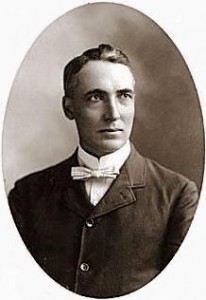The Beast
In the novel The Lord of the Flies, by William Golding, the perception of a “beast” represents the fear and calamity the group of boys are faced with. Soon after the boys are stranded on an island, the belief of a formidable beast arrises. On of the younger boys shares his conception of a beast, “He says it was a beastie… a snake-thing. Ever so big. He saw it” (35). This demonstrates the beginning of the boys’ fear being embodied in the physical being of a beast.

Throughout the book, sightings of the “beast” are present. Another example is when Sam and Eric take their turn encountering the beast. They declare the rest of the group, “The beast had teeth… and big black eyes” (124). Sam and Eric’s description of the beast proves a differing characterization of this evil figure. Due to the different perspectives on the beast and his physical characteristics, it helps exemplify the falsehood of an actual beast. Instead, the beast is an association of the fears of the island and the overall events the boys are going through. In the end, the beast is not a true monster in the physical world, but a monster of their imagination created by their own dread and distress.


